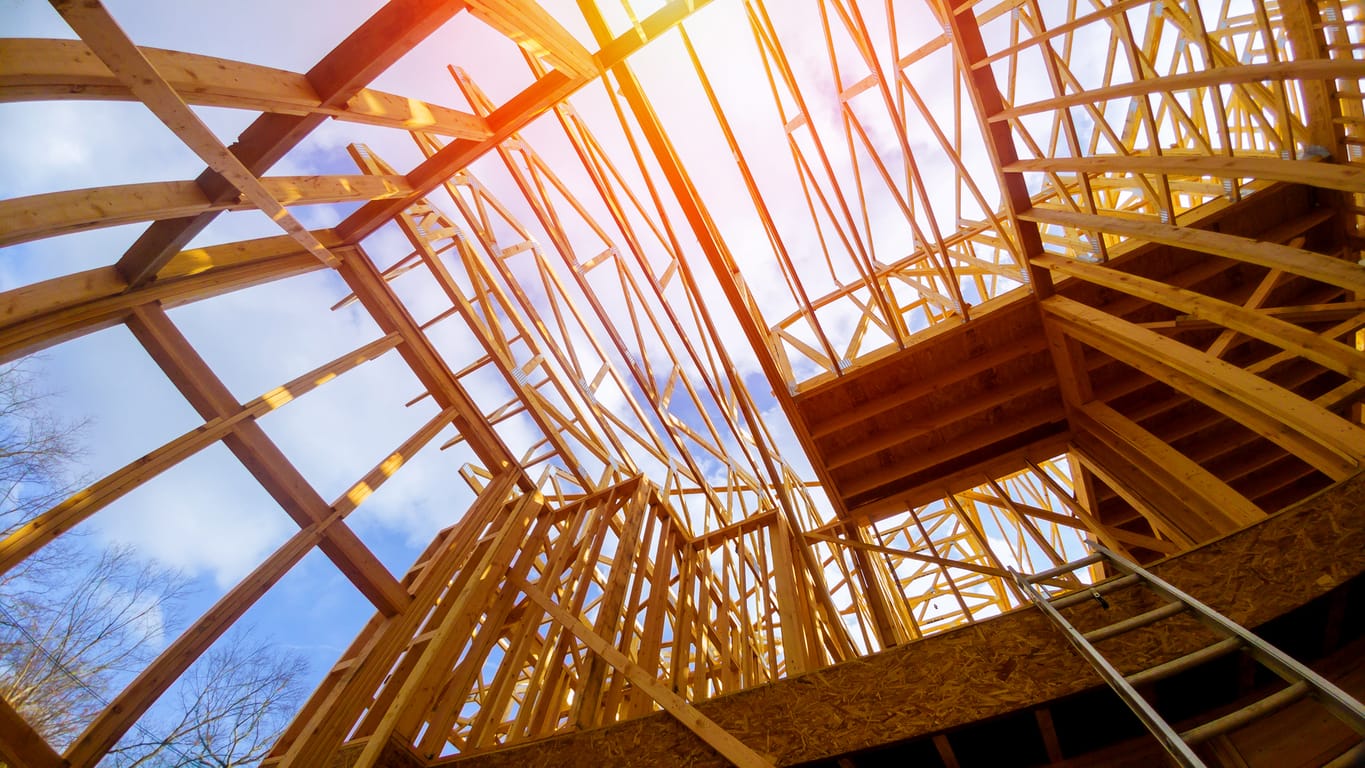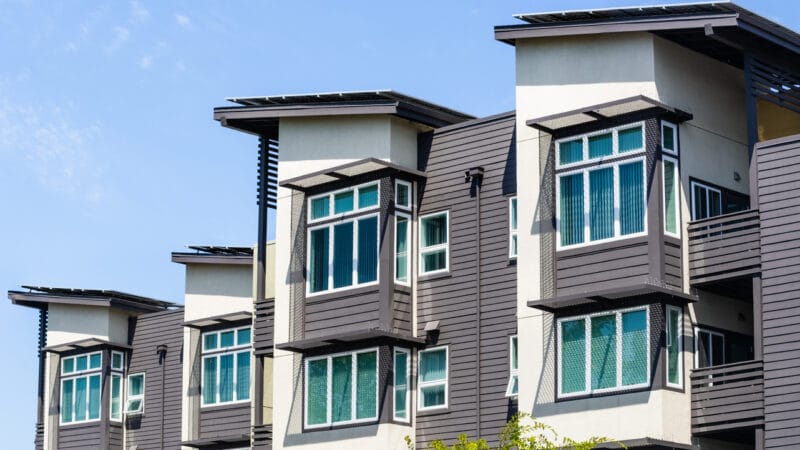We recently reported on the High Court and the Court of Appeal dismissing stale claims against councils. In Rea v Auckland Council [2024] NZCA 313, the Court of Appeal continued this positive trend.
Background
In the Rea case, Auckland Council issued a CCC for a house in October 2013. Mr and Mrs Rea purchased the house in February 2014. Later that same year, the Reas identified that the house had potentially been constructed with defects. Between March 2016 – March 2019, the Reas obtained several building surveyor and structural engineering reports.
In 2021, the Reas filed proceedings against several parties including the Council. The proceedings included allegations that the Council had been negligent when it issued CCC, and that the house in fact did not comply with the Building Code at the time that CCC was issued.
Ordinarily, the Reas’ claim against the Council would have failed because it was filed over 6 years after the Council issued CCC. The Reas attempted to defeat this time-barring of their claim by arguing that they only learned all the required aspects of their claim against the Council in March 2019. The Reas argued that, on that basis, and under the ‘late knowledge’ provisions of the Limitation Act 2010, they were entitled to file their claim against the Council any time up until the three-year late knowledge period expired in March 2022.
The High Court backed the Council – striking out the Reas’ claim on the basis that it was time-barred. The Reas appealed.
Court of Appeal decision
In finding for the Council, the Court of Appeal clarified that:
- For the three-year ‘late knowledge’ period to begin in defective building claims against Councils, the only knowledge required by a claimant is that a CCC had been issued by the Council, that there is damage to a building, and that repairs will be required.
- The latest that the relevant knowledge was obtained was when the Reas received a sufficiently detailed expert report about defects at the house in March 2017. This started the 3-year ‘late knowledge’ period – which concluded in March 2020. The Reas’ claim, filed in March 2021, had therefore been filed a year too late.
- For the 3-year ‘late knowledge’ period to begin, claimants do not need to know how a Council breached its duty to exercise reasonable skill and care, precisely which defects are attributable to the Council, nor how the Council’s conduct caused the claimant’s loss.
- Claimants cannot postpone pursuing their claim if a reasonable person in their circumstances would take action. Claimants will be deemed to have acquired the necessary knowledge, and the three-year ‘late knowledge’ period will begin, when claimants have information that “would lead a reasonable person to begin investigating whether a right to claim exists”.
- Claimants are not able to (creatively) allege that a claim is ‘new’ if it is based on defects that are already time-barred.
Brief comments
The Court of Appeal’s decision recognises important policy reasons for ‘limiting’ legislation such as the Limitation Act 2010 and section 393 of the Building Act 2004. Moving forward, it will be harder for claimants to weaponise the concept of ‘late knowledge’ to revive stale defective building claims against councils in Aotearoa.






